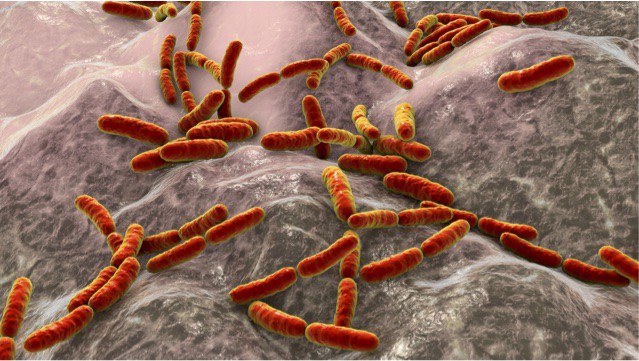Large genetic study finds diabetes drug metformin could promote healthy aging
Large genetic study suggests the diabetes drug metformin may promote healthy aging. …

Large genetic study suggests the diabetes drug metformin may promote healthy aging. …

Proteomics analysis of mouse brain regions reveals a candidate diagnostic biomarker for Alzheimer’s disease. …

The second most common neurodegenerative disorder, Lewy body disease, can be detected before the onset of symptoms using a spinal fluid test. …

Older adults with remarkable memory abilities, known as superagers, are more likely to have greater movement speed and better mental health compared to typical older adults. …

A mendelian randomization study suggests high levels of lean muscle might protect against Alzheimer’s disease. …

Researchers describe a treatment that could be instrumental in restoring the normal function of the blood-brain barrier. …

The gut microbiomes of people with pre-symptomatic Alzheimer’s disease have different composition than that of healthy individuals. …

A new study identified potential therapeutic targets for hypertension-induced cognitive impairment caused by excessive salt consumption. …

New research adds to growing evidence that exercise slows cognitive impairment and may delay onset of Alzheimer’s disease. …

A new machine-learning method allows the identification of sex-specific genes and molecular pathways that contribute to the development and progression of Alzheimer’s disease. …
End of content
End of content